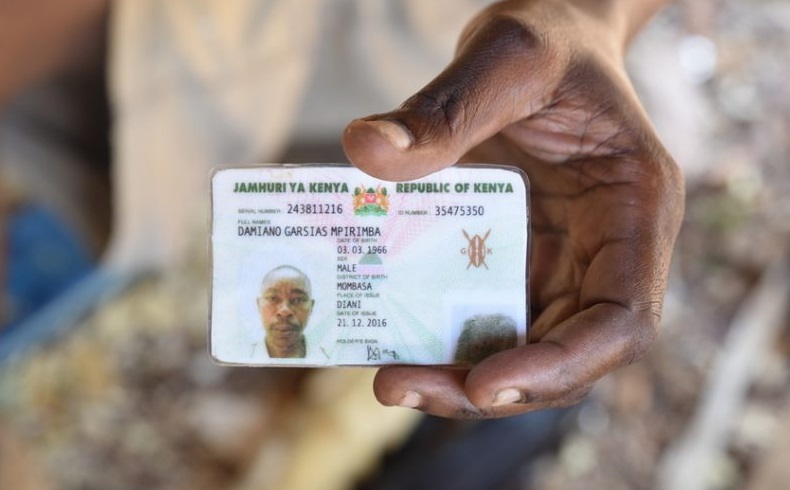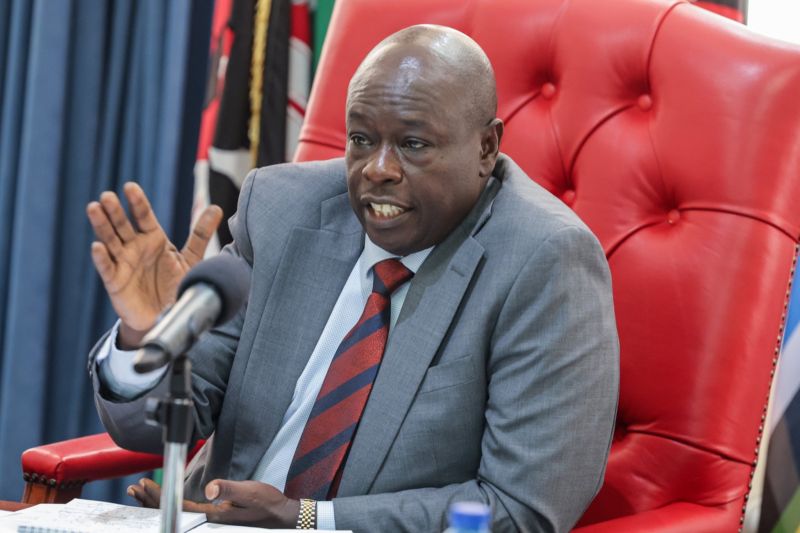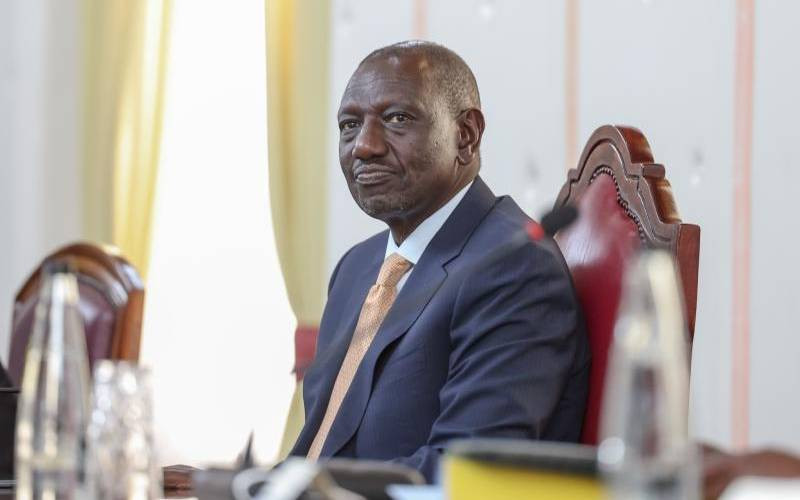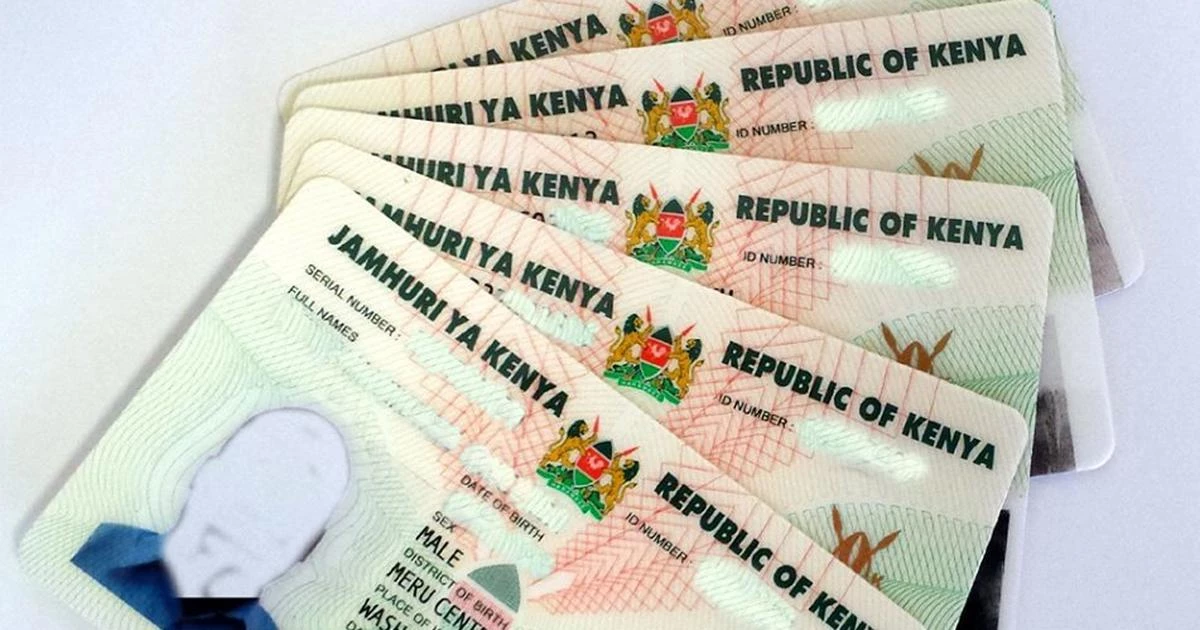Julius Bitok, the Principal Secretary of the State Department for Immigration and Citizen Services, released a statement on Monday clarifying the government’s rationale behind introducing the Maisha card as the new digital identity card.
One of the main issues raised about the Maisha Card is the 10-year expiration date of the National ID cards.
Nonetheless, the government has justified that the renewal process is a common procedure for IDs with digital chips in various countries.
“Holders will need to renew their National ID cards every ten years. This is a standard practice in countries such as Uganda, Tanzania, Nigeria, Senegal, and France, among others that have implemented an ID with a microchip”, stated Bitok.
Applicants seeking renewal of expired National ID cards will not be required to undertake fresh biometrics. However, they will retake their passport-sized photos due to potential changes in facial features over the years.
Furthermore while responding to concerns raised by civil society, Bitok stated that the government developed them for several reasons among them being compliance with best practices.
According to Bitok, the Maisha ecosystem complies with regional and international best practices on the standardisation of essential features of personal registration documents including the National ID Card.
Secondly, the government instituted the cards in compliance with the International Civil Aviation Organization (ICAO) requirements on cross-border identification documents.

Additionally, the government cited that the Maisha cards have enhanced security features in making it difficult to forge and tamper with.
Further, the Maisha cards have digital features that enable the creation of a digital version of the National ID Card.
Another reason that the government provided for the development of the Maisha Cards includes database consolidation where the government can create a master national register, negating the need for multiple and separate personal registration records
While clarifying on the matter of the current state of printing of national IDS, the PS stated National Registration Bureau had acquired a modern printer to enhance the printing capacity.
“The NRB appreciates the importance of the National ID Card as a constitutional right and an essential identification document and will strive to ensure eligible Kenyans obtain it as soon as possible.”
“To meet the rising demand for services, NRB has acquired a modern printer and enhanced the printing capacity to 30,000 National ID Cards per day against an average demand of 10,000 applications,” read the statement in part.












































